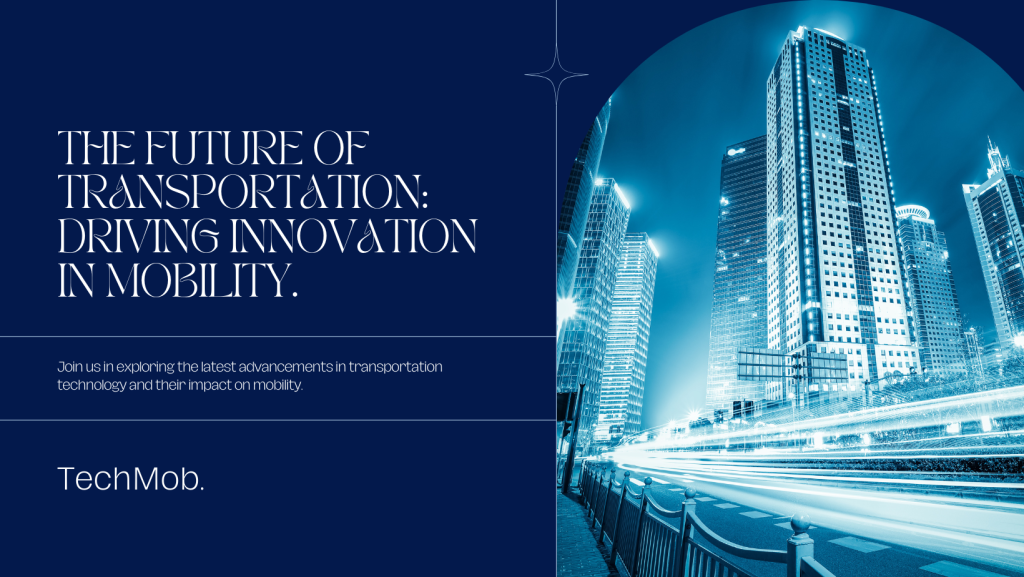The Internet of Things (IoT) is revolutionizing urban living, propelling the transformation from smart homes to smart cities. By connecting everyday objects to the internet and enabling them to communicate and share data, IoT technology is enhancing efficiency, sustainability, and quality of life in urban environments.
In smart homes, IoT devices such as smart thermostats, lights, security cameras, and appliances offer homeowners greater convenience, energy savings, and security. These interconnected devices can be remotely controlled and automated, allowing residents to adjust settings, monitor their homes, and optimize energy usage from anywhere using their smartphones or voice commands.
Expanding beyond individual households, IoT is driving the development of smart cities, where interconnected infrastructure and data-driven systems are optimizing urban operations and services. Smart sensors embedded in roads, streetlights, waste bins, and public transportation enable real-time monitoring of traffic flow, environmental conditions, and resource usage. This data empowers city planners and officials to make informed decisions, improve public safety, reduce congestion, and enhance sustainability efforts.
Moreover, IoT-enabled services like smart parking, public transit tracking, and intelligent waste management streamline daily commutes and contribute to more efficient city operations. Additionally, IoT plays a crucial role in disaster management, helping cities respond swiftly to emergencies and mitigate risks through early detection and predictive analytics.
As IoT technology continues to evolve, its impact on urban living will only grow, ushering in a new era of interconnected, sustainable, and resilient cities. However, to realize the full potential of IoT in urban environments, stakeholders must address challenges related to data privacy, cybersecurity, and digital infrastructure to ensure inclusive and equitable access to the benefits of smart city technologies.




